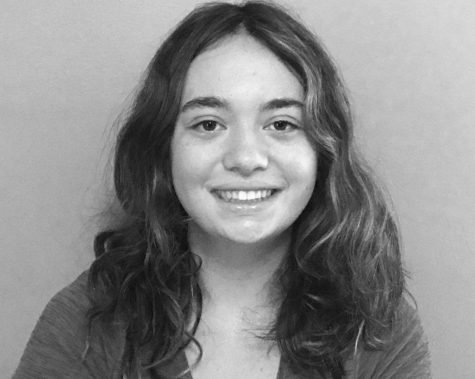Chemistry teacher creates comfort in discomfort
Alex Polk helps students deeper connection with topics like race
November 11, 2020
Chemistry teacher Alex Polk has spent the last five years at Park making students feel safer by talking about heavy topics. Polk said although he has seen improvement at Park, he still thinks Park could be doing a better job having conversations around race.
“When I have conversations with people from other districts, hearing how they don’t feel supported having social conversations in their classes,” Polk said. “I have some sort of conversation with my class every year the five years I’ve been here and have never felt in danger while doing that.”
At the beginning of every year, Polk starts it off by telling a story from his childhood and his own experience with racism. According to junior Olivia Kelly, Polk made it clear from day one of his class that he hoped not only to teach but to impact his students.
“It’s always super impactful to hear someone’s childhood, when Polk did it it was like he set the president for the entire year knowing he was going to be totally honest,” Kelly said.
Polk said he was not surprised at the action Park took after the events that occurred this summer regarding police brutality in the U.S.
According to Polk, he doesn’t want to make students secure talking about these topics, but he wants them to have a deeper comfort with the topics.
“There are certain things that are harder to talk about than others, so it’s (not) reasonable for me to expect all my students are going to be comfortable,” Polk said
Polk said he had trouble talking about race when he was the age of his students.
“In high school, I was trash at (talking about race). Especially in school, none of my friends did. My family is really close, but it’s not like we, at the time, talked about race, gender, sexuality, religion, ableism or any other -ism,” Polk said.
Polk said one of the reasons he does this job is to help the students, and that teaching chemistry is the least important part of it.
Kelly said she feels Polk always gives his complete concentration to every conversation he has.
“He’s the guy that would take time out of his day to stop everything and give (his) full attention,” Kelly said.
“I value students’ mental, physical, emotional well being way more than I value a grade,” Polk said. “It’s exciting when he sees any sort of growth even if it’s at the end of a conversation.”




